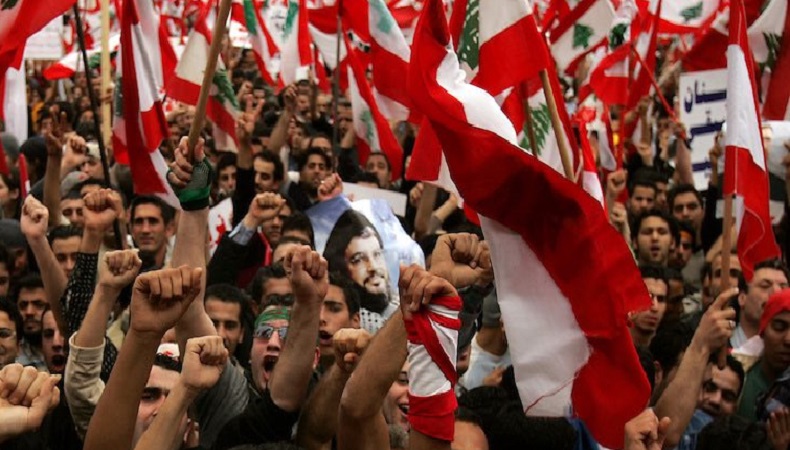Lebanon from bad to worse. The blackout is just the last image of an endless crisis


Private generators, moving away from the capital, were increasingly crucial for daily life: until October 2019, outside the Beirut municipality, the time of blackout programmed to be “covered” using the generators varied from eight to twelve, except the impoverished northern Akkar region and some areas of the Beqaa valley – where there are dozens of informal refugee camps. Here, several people died of cold in last winters – where electricity state lasted for a maximum of six hours a day.
Today that noise pollution, a sign of extensive rationing of electricity and emblem of the most expensive moments for the Lebanese, has become continual. Or absent. In Lebanon, not too long ago a regional financial hub, a haven for foreign investments, the sources of electricity are practically exhausted: as had been announced since last May, state grants for the import of oil at controlled prices – that is, with the previous exchange rate between the Lebanese lira and the dollar, before the crisis – they can no longer be distributed, having a cost of about 6 billion a year.
The first effect appeared at petrol stations, where there have been queues for kilometers for a couple of months. Hours and hours of waiting for that increasingly lead to clashes, sometimes even armed, when the dispensers run out of daily rations and are forced to close, leaving dozens of residents without fuel. The second reflects on the generators, which have now become luxury goods despite performing primary functions since the price of the energy needed to run them has increased at least eight times in two years when there is enough.
Between last Friday and Saturday, the two power plants in the country – that of Zahrani and that of Deir Ammar – stopped working precisely due to lack of fuel, and despite the dispatch of oil by Iraq, as early as last September, and Iran, last week. However, it is not yet clear how Lebanon will use it and whether the United States, among the financiers of the Lebanese Army, will tolerate this type of supply channel, fearing the increase in Iranian influence.




